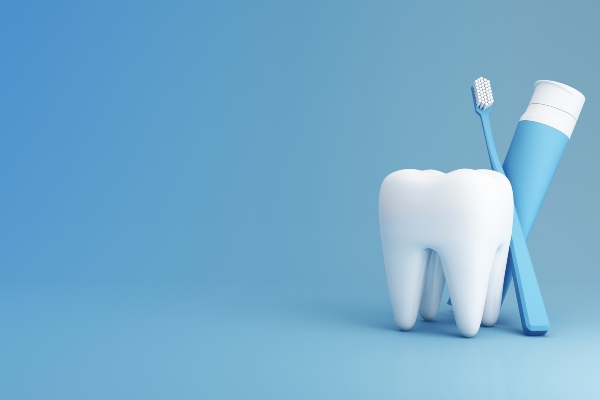 Many people today think professional teeth cleaning is optional and its purpose is primarily to keep the smile bright. In fact, it should be part of routine dental care. Getting a cleaning from a dental professional is important for both the appearance and health of the entire mouth.
Many people today think professional teeth cleaning is optional and its purpose is primarily to keep the smile bright. In fact, it should be part of routine dental care. Getting a cleaning from a dental professional is important for both the appearance and health of the entire mouth.
Prevent gum disease
Even those who brush and floss twice daily are unable to remove plaque and tartar from the teeth like a dentist can. The specialized tools used by dental professionals can clean under the gums and in between the teeth much more effectively than a toothbrush and floss. Without regular dentist visits, plaque and tartar accumulate in the areas of the mouth that are difficult to access and can cause disease and decay in both the gums and teeth.
Once the gums become infected, the infection can spread and cause abscesses in the gums and tooth decay, primarily around the roots of the teeth. Prolonged infection can lead to root exposure, severe gingivitis, and even more serious health complications. There are strong links between gum disease and other medical conditions such as heart attacks or strokes.
Allowing any type of disease to remain in the body, including in the gums, can cause a decline in overall health. Routine dental care can help heal any current gum disease as well as prevent the buildups of plaque and tartar that can cause gum disease to develop.
Detect warning signs of problems
If the only time a patient makes a dental appointment is after pain is already being felt, the treatment necessary to repair the damage may be more extensive than it could have been if the area was being closely monitored. A dental professional can use tools to spot places on the teeth that could turn into cavities long before they are visible to the naked eye. Many times, a small area can be treated quickly before it becomes a cavity, exposes the root, or requires a root canal.
During regular dental visits, the dentist can compare the current state of the teeth and gums to that of past visits. Small pits could have deepened into cavities, a sore spot on the gums may have become an infection, or a previously filled cavity may need removed and replaced. Unless regular visits are happening, large changes could be taking place with no awareness until there is severe infection or damage to the teeth. Also, without regular previous records, dental professionals are unable to pinpoint how long it took for the problems to arise. Is there an issue that slowly developed over a period of a few years, or did it just become a problem three months ago?
Conclusion
Far from being a cosmetic treatment only for keeping the smile looking bright, regular visits to the dentist and routine dental care can get rid of plaque and tartar buildup that toothbrushes and floss cannot entirely eliminate. These visits also allow a dental professional to evaluate if oral health is improving, staying healthy, or declining, and track any changes in known problem areas.
Request an appointment or call South Florida Dentistry at 305-203-4097 for an appointment in our Miami office.
Related Posts
For healthy teeth and gums, routine dental care is necessary. For most healthy people, two times a year is the recommended frequency for dentist appointments. This is typically adequate for deeper cleaning and preventive care. However, for some patients, more frequent appointments are necessary to manage certain issues and to prevent problems from becoming more…
Maintaining routine dental care is important for oral and overall health, but many patients have questions about what it consists of beyond daily brushing and flossing. The right answers can help patients of any age understand the importance of providing optimum care for their teeth and the possible issues if they fail to follow through.…
When patients go for routine dental care, they may or may not have X-rays taken of their mouths. Dentists use these important diagnostic tools to check all layers of the tooth. While a key part of routine care, X-ray imaging may not be taken every visit. Every patient is different, and the recommended frequency for…
